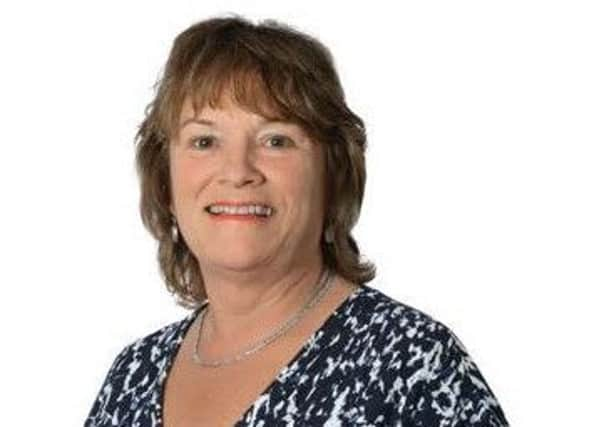'˜Thousands of Yorkshire families are living in crisis'


Charity Buttle UK has handed out more than 11,300 emergency grants to vulnerable families across Sheffield, Leeds, Bradford, Kirklees and Wakefield over the last ten years, with four out of the ten areas across the country receiving the most help being in Yorkshire.
It has also highlighted the East Riding as a blackspot for “hidden poverty”, where despite high levels of deprivation relatively few people are seeking help, leaving families “grappling with unseen child poverty”.
Advertisement
Hide AdAdvertisement
Hide AdThe charity, which provides small practical grants, found people are in Yorkshire are “lacking basic material needs”, such as beds, washing machines and children’s clothing.
The analysis, by Professor Les Mayhew from London’s Cass Business School, examined all grants made by the charity from 2006 to 2015 and combined it with Government data on deprivation.
He found that more than six out of every 100 families in Yorkshire had applied for a grant from Buttle UK, with more than a third, 37 per cent, seeking help with rehousing or establishing their homes. Some 35 per cent lacked basic provisions.
The report said the “principal driver” of family crisis in the region is due to parental problems, including parental physical or mental health problems, or a family’s “inability to cope” with issues such as poverty, divorce or imprisonment. The principal driver of child crisis however is estrangement; these children can be homeless or NEET.
Advertisement
Hide AdAdvertisement
Hide AdSheffield received more grants than any other local authority in the country, 3,930, while Leeds received the third highest amount, 2,695.
Bradford and Kirklees were sixth and seventh nationally, receiving 2,015 and 1,797 grants respectively.
Based on population size, Leeds has the highest proportion of grants per household in the region, with 3.1 applications per 100 households.
The charity’s chief executive, Gerri McAndrew, said: “The choices families are making because they don’t have enough money are as simple as ‘do I buy food for my child or do I keep the loan sharks from the door?’
Advertisement
Hide AdAdvertisement
Hide Ad“We are providing lifelines for these families and their children, who might be getting bullied at school because they have dirty clothes due to not having a washing machine at home, or missing out on friendships because they don’t want to invite anyone round to their house because they don’t have a bed to sit on.
“Thirty five per cent of the families in the area coming to us are lacking basic things that we all take for granted.”
Most of those in Yorkshire in need of help have a family income of between £6,000 and £10,000 a year.
The majority of applicants are referred to the charity through local authorities, health and social care organisations or other charities, such as domestic abuse services.
Advertisement
Hide AdAdvertisement
Hide AdThe majority of applications, 61 per cent, come from lone parent families.
Ms McAndrew told the Yorkshire Post that “gaps in provision” might be the reason that people in the East Riding, which it would expect to have a high number of families in crisis, were not seeking help.
It will be using the data to try to reach more families living “under the radar”.
She said: “We know there have been phenomenal cuts in provision across the UK and there will be fewer agencies referring people to us. The lack of support networks for families in need is increasing the potential for hidden poverty.”
Advertisement
Hide AdAdvertisement
Hide AdAmong those receiving help were a father of two from Bradford whose daughter has a severe disability which means her clothes are soiled multiple times a day. The family were forced to make costly trips to the launderette in order to have enough clothes for her to wear. The charity provided a tumble drier to help relieve the “huge emotional strain” on the family.
A 17-year-old boy from Sheffield who left home after years of emotional and physical abuse at the hands of his father was given £1,500 funding to buy household items and a laptop to help him with a college course.
And a single mother from Leeds who was also caring for her two nephews and “struggling to make ends meet” was given a grant for a cooker when hers became dangerous to use.